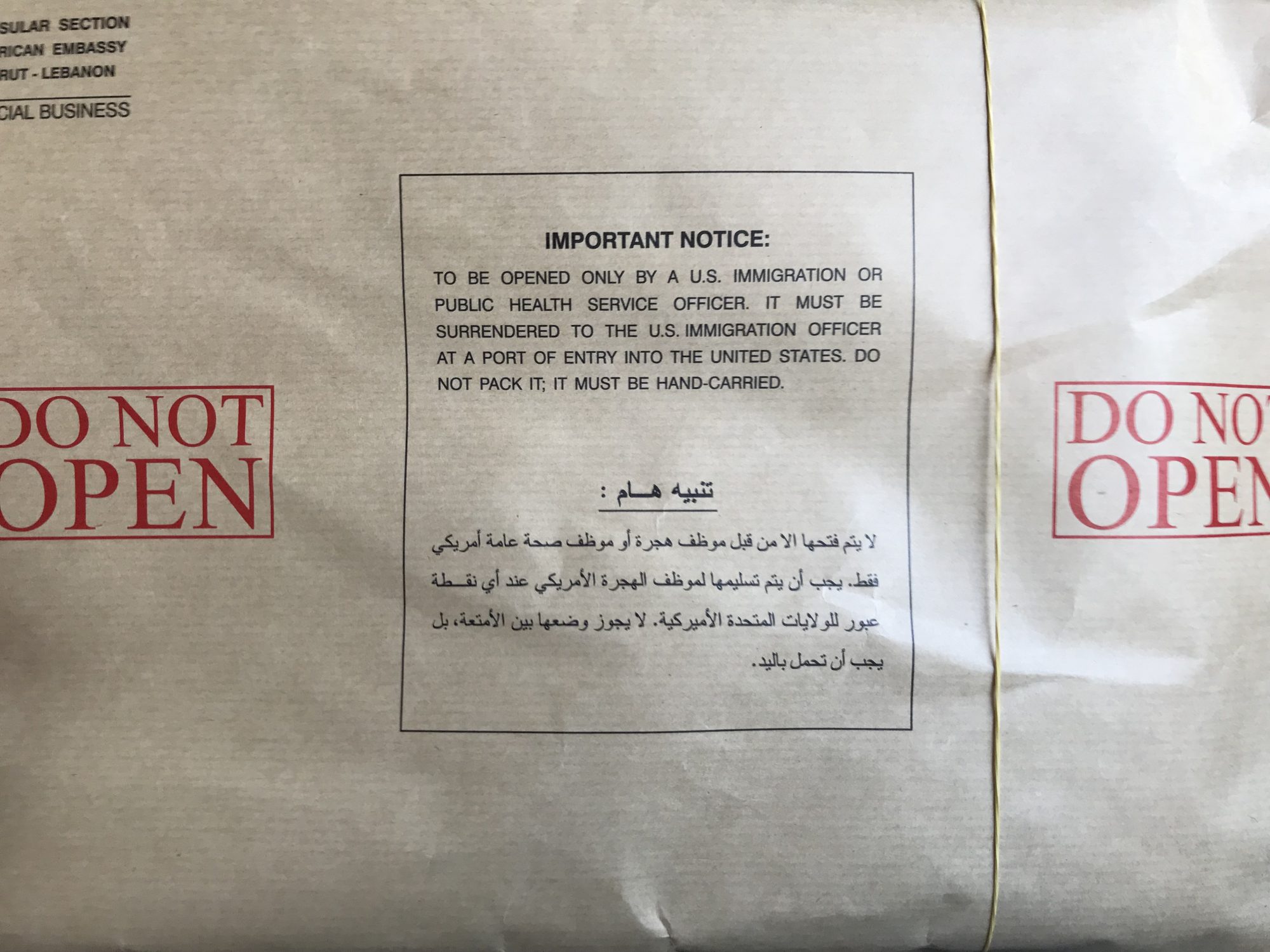Total Being
I read an article today that introduced me to the notion of “total being.” It seemed like the sort of thing I should read on a day like today. The piece even opened with an image I know too well: that of a taxi weaving through the chaos of city traffic. I know this image because I’ve taken interest in the politics of urban mobility and spent many formative years of my life invested heavily in their pursuit, but I also know it more viscerally than that. It evokes a nightmare that would recur for the longest time. It doesn’t … Continue reading “Total Being” →
